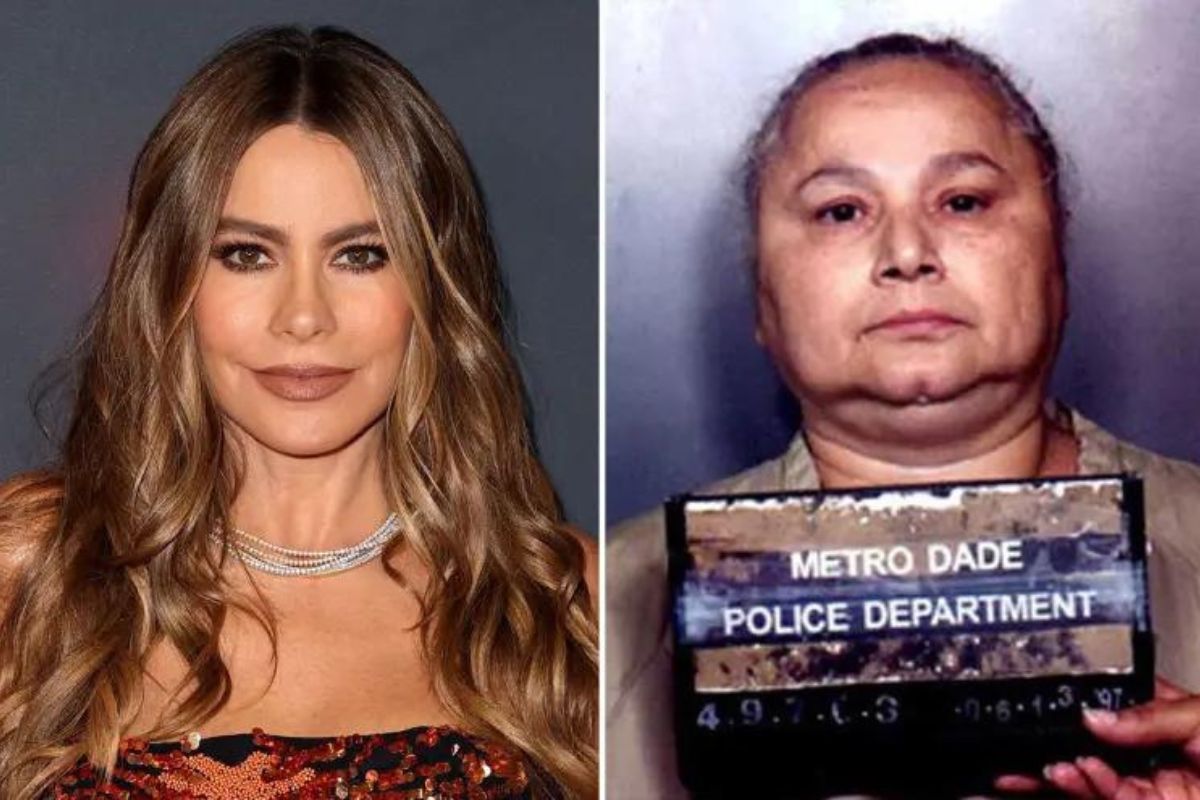In the gripping Netflix series “Griselda,” Sofia Vergara steps into the shoes of the notorious drug lord Griselda Blanco, also known as the “godmother of cocaine.” The show intricately delves into a specific period of Blanco’s life – the tumultuous late 1970s and 1980s in Miami.
Previously featured in the documentary “Cocaine Cowboys” and the Lifetime film “Cocaine Godmother: The Griselda Blanco Story,” Blanco’s life is once again in the spotlight.
From Pickpocket to Cocaine Pioneer: Blanco’s Rise in the Trade
Before becoming a central figure in the cocaine trade, Blanco started by picking pockets in her youth and later shifted to selling marijuana upon moving to New York.
Notably, she pioneered innovative smuggling techniques, including collaborating with a lingerie shop in Medellín, Colombia, to design custom pieces with hidden pockets for cocaine.
Legal Battles and Imprisonment in the United States
Blanco’s reign in the drug trade eventually led to legal troubles in the United States. In 1975, she was named in an indictment along with 37 others, charging her with manufacturing, importing, and distributing cocaine.
Although a warrant for her arrest was issued in 1975, Blanco eluded formal apprehension until February 1985. Found guilty after a trial, she received a 15-year prison sentence and a $25,000 fine.
Thirteen years into her sentence, Blanco faced murder charges in Florida. The trial, marked by scandal, saw her implicated in at least 40 murders. Despite being convicted of only three, Blanco’s deal resulted in concurrent three 20-year sentences. She served only a third of those sentences before being deported to Colombia in 2004.
How Griselda Blanco Died?
In a turn of tragic events, Blanco’s life concluded at age 69 in 2012. Walking out of a butcher shop in Medellín, Colombia, she was fatally shot by a motorcycle rider – a method she herself had pioneered. Nelson Andreu, an ex-homicide detective, remarked on the inevitability of such an end for Blanco, given the multitude of enemies she had made throughout her notorious career.
Police confirmed that Blanco had been residing in Medellín since her deportation in 2004, living off the income from her rental properties. While there were no ongoing investigations into her activities at the time of her death, Blanco’s demise marked the end of a tumultuous journey that had left an indelible mark on the annals of drug trade history.

